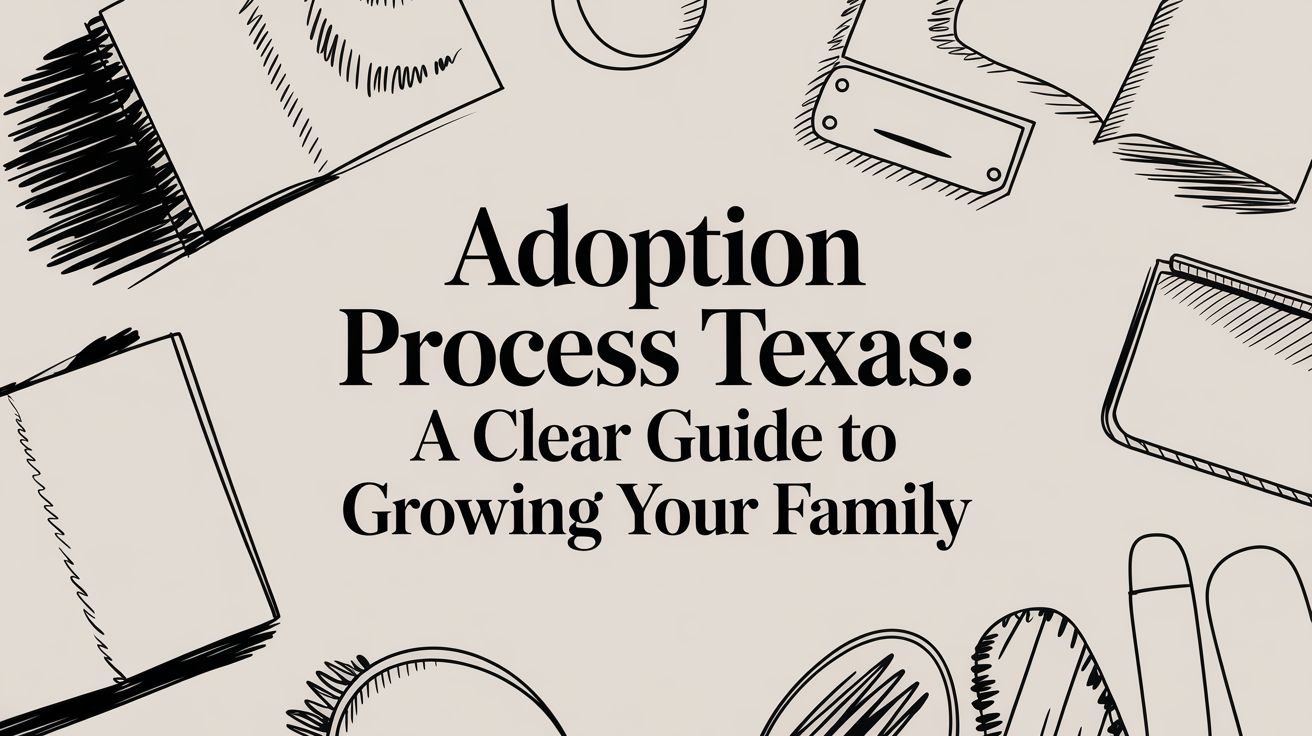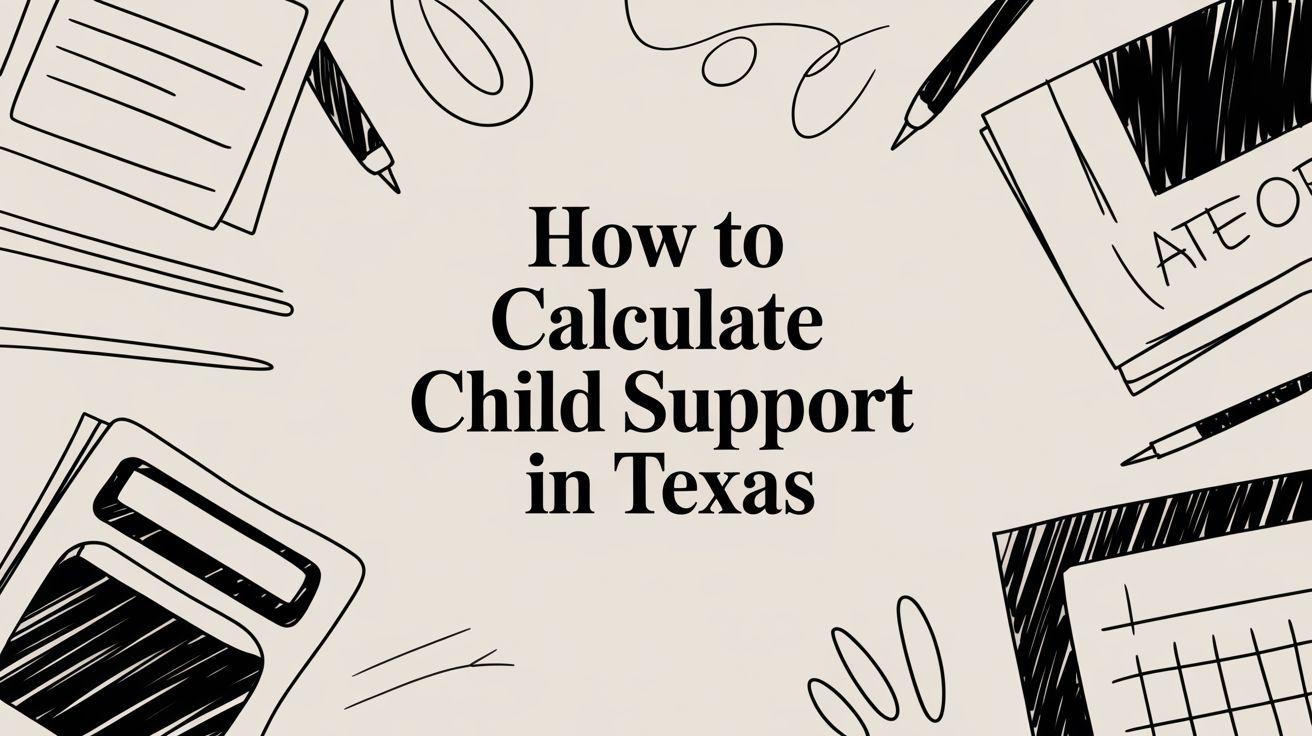Common Myths About Divorce in Texas
Many individuals seeking a divorce in Texas are often influenced by common misconceptions that can affect their decisions and expectations. These myths can range from beliefs about asset division to child custody arrangements, leading to confusion during the legal process.
For instance, one prevalent myth is that a spouse is automatically entitled to half of the marital assets. In reality, Texas follows community property laws, which means assets acquired during the marriage are typically divided equitably, but not necessarily equally. Understanding these myths can help individuals approach their divorce with a clearer perspective and better prepare for negotiations.
Impact of Divorce on Children: What Parents Should Know
Divorce can significantly impact children, and it's crucial for parents to understand these effects to support their kids through the transition. Children may experience a range of emotions, including sadness, anger, and confusion, as they navigate their parents' separation.
Research indicates that children may struggle with feelings of abandonment or insecurity during a divorce. Parents can mitigate these effects by maintaining open communication, providing reassurance, and seeking professional support if needed. Prioritizing the emotional well-being of children during this time is essential for their adjustment and long-term health.
Steps to Take Before Filing for Divorce in Texas
Before initiating a divorce in Texas, there are several important steps individuals should consider to ensure a smoother process. Preparing financially and emotionally can help mitigate stress and confusion during the divorce proceedings.
Key steps include gathering financial documents, understanding the implications of divorce on assets and debts, and considering the potential need for legal representation. Additionally, individuals should reflect on their goals for the divorce, such as custody arrangements and property division, to facilitate clearer communication with their attorney and spouse.
Post-Divorce Considerations: Moving Forward After Separation
After a divorce, individuals often face a new set of challenges and considerations that can impact their future. It's essential to address both emotional and practical aspects to successfully transition into this new phase of life.
For example, individuals may need to revisit their financial plans, update legal documents, and establish new routines. Additionally, seeking support from friends, family, or professionals can be beneficial in coping with the emotional aftermath of divorce. Embracing this change with a proactive mindset can lead to personal growth and new opportunities.
Common Myths About Divorce in Texas
Many individuals seeking a divorce in Texas are often influenced by common misconceptions that can affect their decisions and expectations. These myths can range from beliefs about asset division to child custody arrangements, leading to confusion during the legal process.
For instance, one prevalent myth is that a spouse is automatically entitled to half of the marital assets. In reality, Texas follows community property laws, which means assets acquired during the marriage are typically divided equitably, but not necessarily equally. Understanding these myths can help individuals approach their divorce with a clearer perspective and better prepare for negotiations.
Impact of Divorce on Children: What Parents Should Know
Divorce can significantly impact children, and it's crucial for parents to understand these effects to support their kids through the transition. Children may experience a range of emotions, including sadness, anger, and confusion, as they navigate their parents' separation.
Research indicates that children may struggle with feelings of abandonment or insecurity during a divorce. Parents can mitigate these effects by maintaining open communication, providing reassurance, and seeking professional support if needed. Prioritizing the emotional well-being of children during this time is essential for their adjustment and long-term health.
Steps to Take Before Filing for Divorce in Texas
Before initiating a divorce in Texas, there are several important steps individuals should consider to ensure a smoother process. Preparing financially and emotionally can help mitigate stress and confusion during the divorce proceedings.
Key steps include gathering financial documents, understanding the implications of divorce on assets and debts, and considering the potential need for legal representation. Additionally, individuals should reflect on their goals for the divorce, such as custody arrangements and property division, to facilitate clearer communication with their attorney and spouse.
Post-Divorce Considerations: Moving Forward After Separation
After a divorce, individuals often face a new set of challenges and considerations that can impact their future. It's essential to address both emotional and practical aspects to successfully transition into this new phase of life.
For example, individuals may need to revisit their financial plans, update legal documents, and establish new routines. Additionally, seeking support from friends, family, or professionals can be beneficial in coping with the emotional aftermath of divorce. Embracing this change with a proactive mindset can lead to personal growth and new opportunities.











